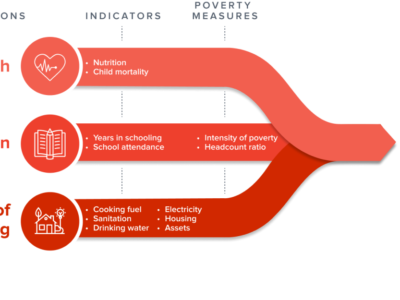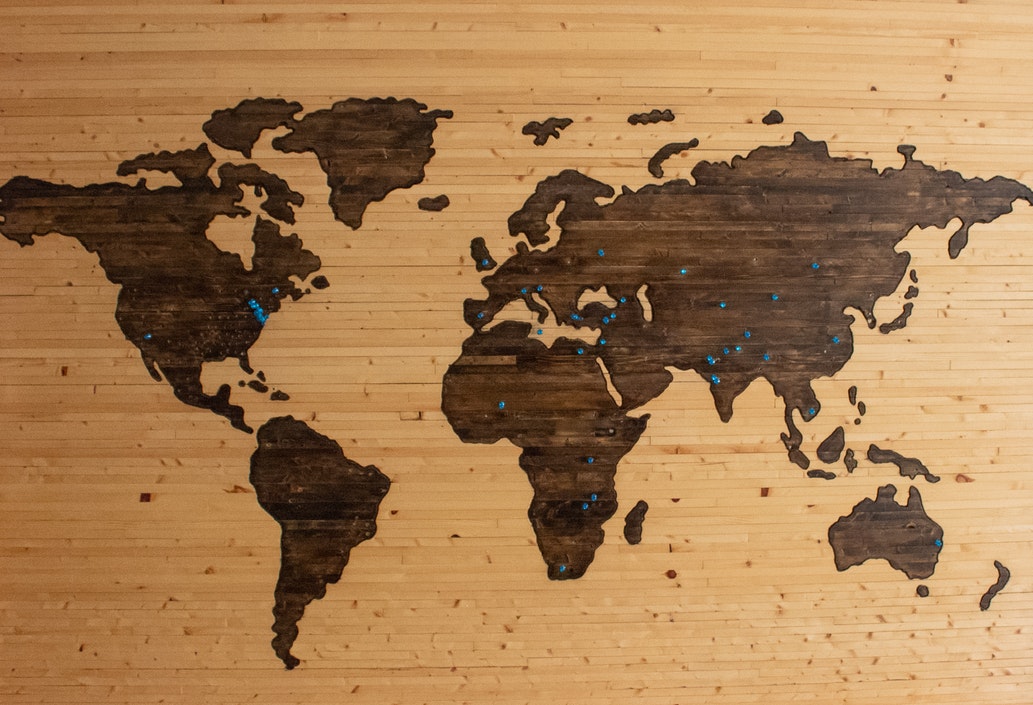In about three weeks from now, when the National Bureau of Statistics (NBS) releases the rebased Gross Domestic Product (GDP) it will show that Nigeria has overtaken South Africa as Africa’s largest economy, which will have great economic and geopolitical implications.
This is according to emerging markets focused investment banking firm Renaissance Capital, whose team of analysts were in Abuja, over the weekend.
“We are revising up our estimate of Nigeria’s GDP by 53 percent. The NBS has nearly completed its work, and our new estimate is that a 45 percent to 60 percent uplift is likely, and we are taking 53 percent as the mid-point figure. We expect the data in January,” said Renaissance Capital analysts led by Charles Robertson, its global chief economist and head of macro strategy, in a research report released yesterday (Dec 18).
“This means Nigeria, at $405 bn in 2013 would be the largest economy in Africa, ahead of South Africa at around $370 bn.”
Other impacts of the rebasing include the possible reduction of growth rates to 5 – 6 percent from 6 – 7 percent, and an increase in GDP per capita to $2,400 from around $1,700, in essence moving Nigeria into middle income economy territory.
“Sectors that may show the biggest upward revision range from Nollywood to IT and telecoms, while we think agriculture will shrink from around 40 percent of GDP to 25 – 30 percent of GDP,” said Robertson.
The rebasing will show public debt shrinking to 13 percent of GDP from 20 percent of GDP. Public external debt would be below 2 percent of GDP, while the current account surplus may still be 5 percent of GDP which will leave the sovereign in a good position to borrow if needed.
According to Rencap “In a Fed tapering world, these revisions make Nigeria look good, but credit rating upgrades (Ba3/BB-) are likely to be constrained by the most competitive presidential elections Nigeria will have seen since democracy returned in the 1990s.”
The NBS is seeking to change the calculations of Nigeria’s GDP, using a new base year of 2010 to give a better indication of the size and composition of its economy.
Most governments overhaul GDP calculations every few years to reflect changes in output and consumption, such as telecoms, financial services and internet usage, but Nigeria has not done so since 1990 (about 23 years) suggesting that the previous GDP framework underestimated economic activity.
The numbers will have new implications for investors and the geopolitics of Nigeria’s place in Africa.
“We would be very surprised if recent and pending investment decisions are taken on the basis of the 1990 national accounts,” said FBN capital research analysts led by Gregory Kronsten, in a note released in August.
“The new GDP series will however be tracked by potential investors, such as suppliers of consumer goods and services,” Kronsten said.
Nigeria already hosts the second largest debt and stock markets in Africa, behind South Africa.
Its stock market is valued at $77 billion, while the secondary market bond trading volumes, ”certainly exceed those of Egypt and Morocco and represent around 20 percent of South Africa’s turnover,” according to Samir Gadio, an emerging markets strategist, at Standard Bank, in London.
Overall – Nigeria’s debt, budget and current account ratios will look among the best in Africa and in the emerging markets (EM), once the rebased figures are released, notes Robertson.
“We like Nigeria in the coming quarter – though we see domestic bond yields up a little, at around 13.5 percent on average. Nigeria is going to rise from 14 percent of MSCI frontier markets to around 20 percent in May 2014 which could attract equity investors wanting exposure to frontiers and/or Africa. We expect the NGN to remain at 160/$ until June 2014. But we are still nervous for the second half of 2014,” Robertson said.






